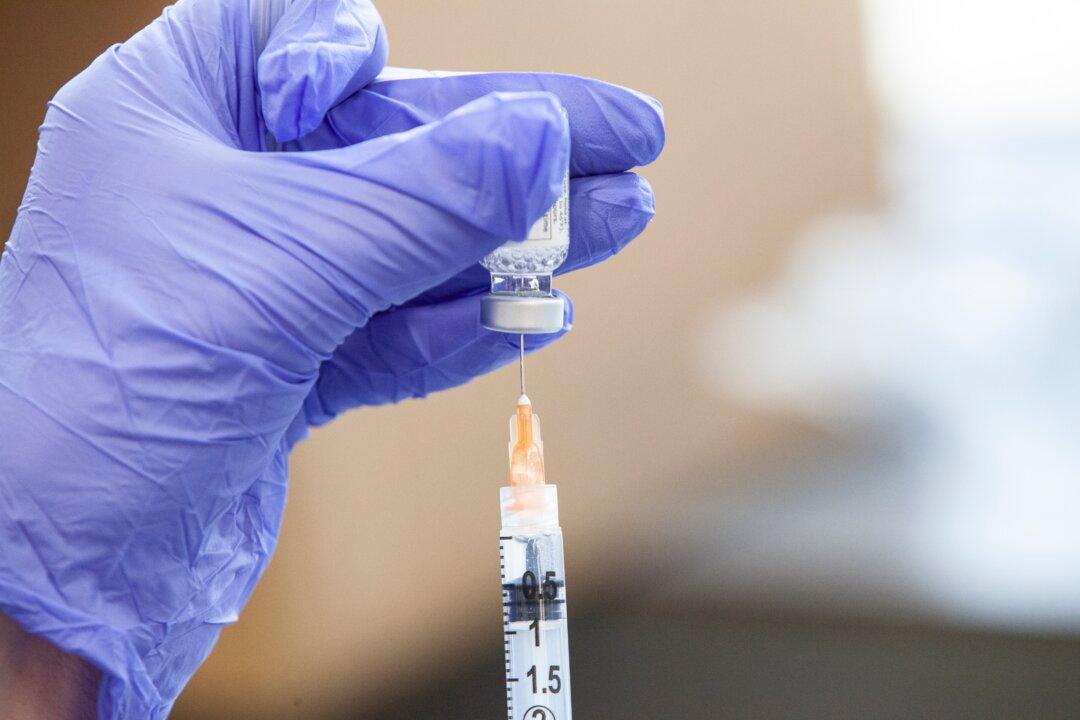The Centers for Disease Control and Prevention (CDC) is being asked to provide data on how many children infected with respiratory syncytial virus (RSV) have received a COVID-19 vaccine prior to their diagnosis, according to Aaron Siri, a lawyer representing the Informed Consent Action Network (ICAN).
“Our firm, on behalf of our client Informed Consent Action Network, sent the letter to the CDC asking for follow-up on this issue,” Siri wrote in an email to The Epoch Times, adding that FOIA requests have also been submitted.





